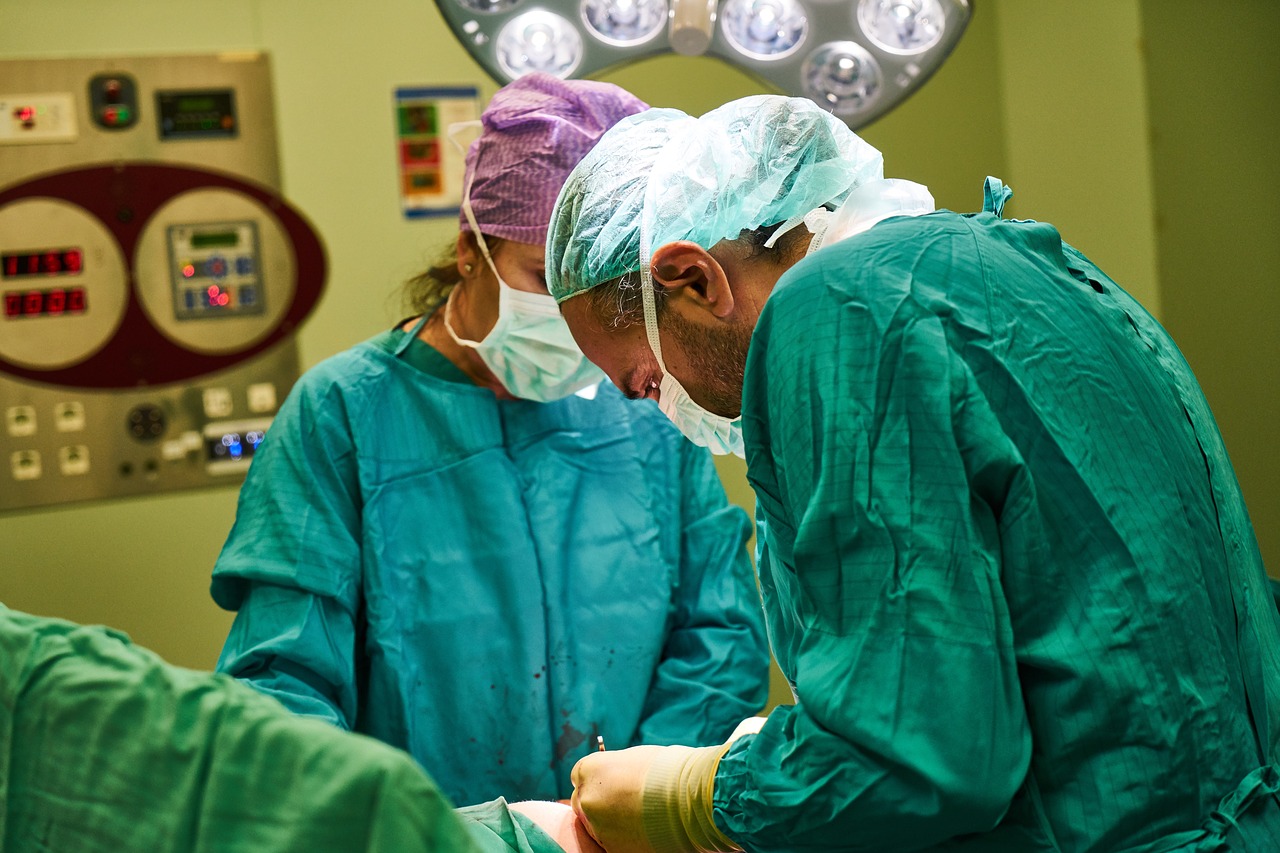
The US government has announced a proposal to change rules and make more kidneys available for transplants in the country.
According to the government, the proposed change to rules could help produce an additional 5,000 kidneys available for organ transplant annually. US Health and Human Services (HHS) Secretary Alex Azar described the organ procurement system for kidneys in the country as "broken".
Data from the HHS revealed that nearly 8,000 Americans die while waiting for a kidney or other organ for transplant or 20 people dying every day. Currently, there are over 96,000 patients on the kidney waiting list and around 3,000 are added monthly.
According to the Trump administration, 50% of the 100,000 Americans who start dialysis each year die within five year yet one in five kidneys donated in the US ends up being thrown away mainly due to a system that disincentivizes the transplant of some organs.
At a press conference, Azar said: "Unfortunately, today, and for decades, we haven't done everything we can to procure organs from deceased donors, and we haven't been providing enough support for living donors."
The HHS said that the administration aims to make the donation system more transparent and accountable and the changes to the rules are expected to reduce barriers and encourage more transplants from living donors.
One of the proposed changes is concerned with the how the government works with organ procurement organizations. Seema Verma, administrator for the US Centers for Medicare and Medicaid Services (CMS), claimed that the evaluations conducted by organ procurement organizations (OPOs) rely on self-reported data that's difficult to verify and varies from one OPO to another.
Under the proposed changes, the new system would look to independent data from the CDC that CMS would then use to calculate two measures to evaluate an organ procurement organization.
Verma added that the new system could "eliminate today's perverse incentives," to throw away viable organs and encourage OPOs to also find more "imperfect organs".






